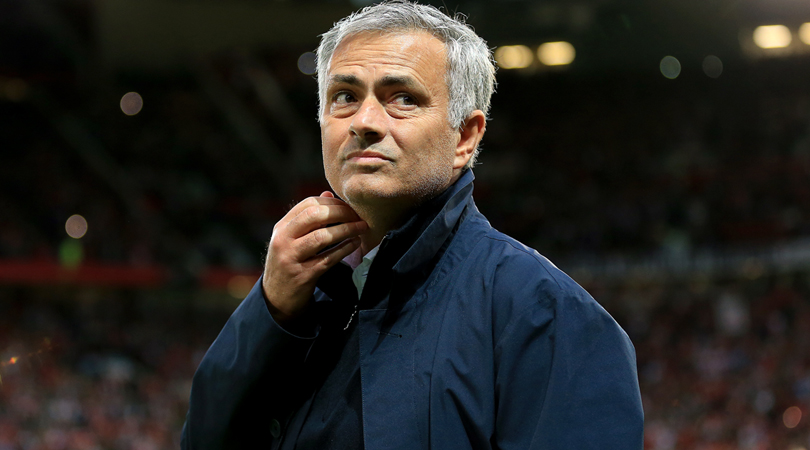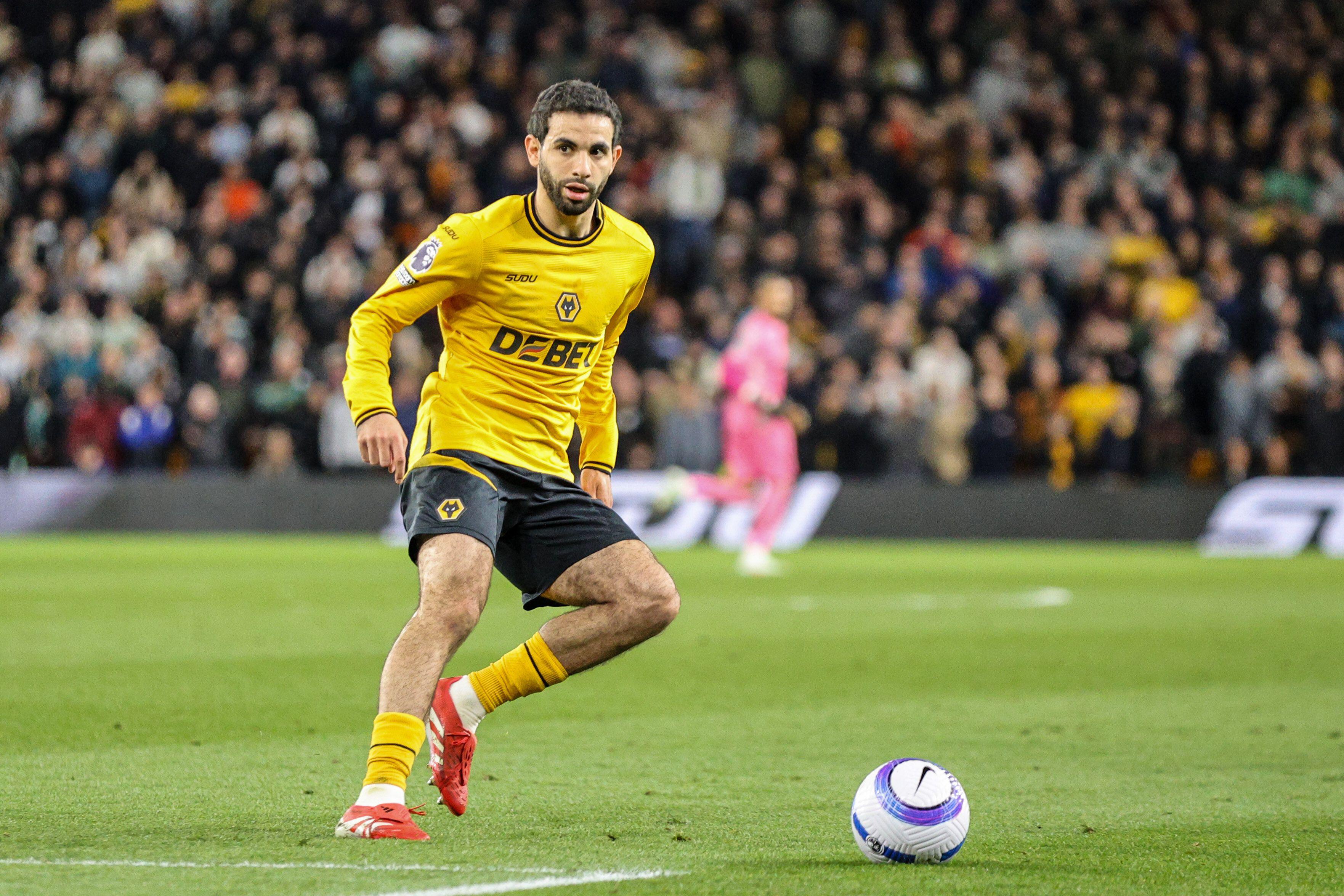Evergreen Zlatan continues to defy footballing logic – and deserves more credit for it
Most players in the Swedish striker's mould fade away once they've reached their 30th birthday, but Manchester United's new No.9 is the exception. Seb Stafford-Bloor explains why he's worthy of (even) more recognition
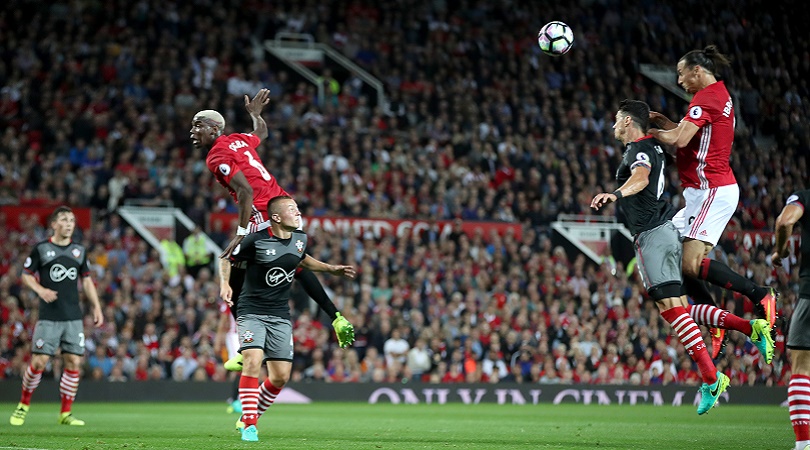
Physically large forwards have an advantage. Although their influence wanes over time, their sheer size often allows them to exist in the professional ranks after their scoring output has started to subside. In 2016, they may be seen as football's cavemen, but muscular pivots will always have a place: they occupy defenders and carry a theoretical threat well beyond their prime.
They don't, however, age gracefully. While such players often remain semi-functional into their mid-to-late 30s, most decline sharply shortly after reaching their third decade. Quite reasonably, too; big forwards attract big defenders and, while football isn't nearly as attritional as it once was, they're still subjected to considerable physical erosion.
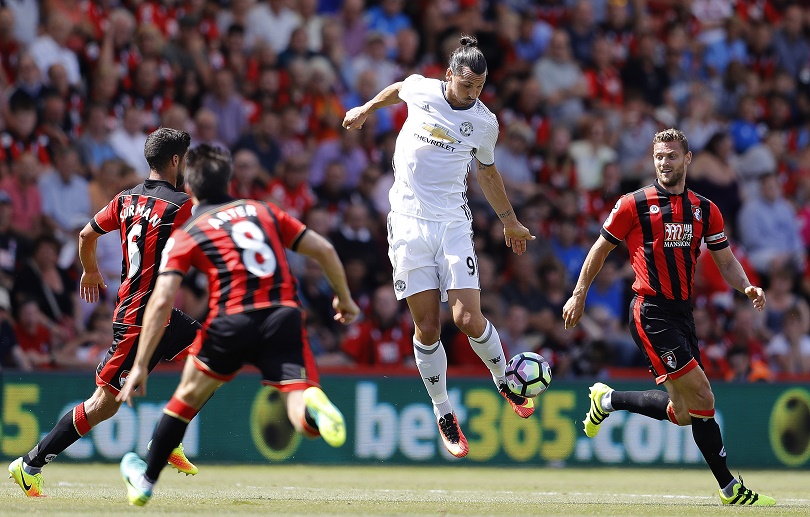
How many aerial contests can a player endure and how many times can his knee and ankle joints be jarred before, inevitably, his body starts to creak? With a large frame comes a short prime – that has been evidenced by the career patterns of dozens of contemporary players.
Christian Vieri's output shrunk violently after his 32nd birthday, Jan Koller's goals receded at 31, and many of the more confrontational English centre-forwards of that era also came to shuddering halts at similar ages. Les Ferdinand played on into his late 30s but spent much of the new millennium as a pale imitation of the player who left Newcastle in 1997. Emile Heskey's blistering pace and general mobility began to to ebb away as early as his mid-20s and, though he limped on until 2006, even the great Alan Shearer was a spent force by 33.
Still got it
The iconic Swede will turn 35 in six weeks' time and yet, as his start to Premier League life has shown, he shows no sign of departing from football's summit just yet
All of which really does lend some perspective to Zlatan Ibrahimovic's career. The iconic Swede will turn 35 in less than a month and yet, as his start to Premier League life has shown, he shows no sign of falling from football's summit just yet. Ibrahimovic may not compare stylistically to any of the aforementioned players and only a charlatan would reduce him to a targetman, but he's still managed to be an exception: time hasn't reduced his touch, his leap, nor his appetite or ability to change the score.
Ibrahimovic crushed the monolithic Wes Morgan during the Community Shield, slammed a 25-yarder into Artur Boruc's bottom corner on the league's opening weekend, and soared above the Southampton defence at Old Trafford. The goals have been telling, but the manner in which they've been scored has been more so: Ibrahimovic still climbs higher than anybody else, still moves too smartly and still enjoys a substantial athletic advantage over almost every opponent.
Get FourFourTwo Newsletter
The best features, fun and footballing quizzes, straight to your inbox every week.
While younger, less physically dependent players lose their careers to heavy-footed sluggishness, the Swede remains as vibrant and dynamic as ever. That curiosity often gets overlooked, primarily because Ibrahimovic is no longer just a footballer; his countless league titles and armfuls of personal achievements have been swallowed by his marketing persona.
He's 'Zlatan' now, a cartoonish superhero dreamt up in the Nike laboratories and, while that's fitting of his status within the global game, it masks the everyday qualities upon which his career has been built. Tempting as it is to meet every great Ibrahimovic moment with a shrug and to treat him and his longevity as anomalies which defy explanation, he should still command lengthy pause for thought.
— Zlatan Ibrahimović (@Ibra_official) May 23, 2016
Fine wine
Since turning 30 in October 2011, he's scored over 140 goals in Serie A, La Liga, and the Premier League combined and, internationally, his two most statistically impressive years for Sweden occurred in 2012 and 2015
Zlatan is essentially a superficial YouTube character, designed to harvest clicks and likes. By contrast, Zlatan Ibrahimovic is a remarkable athlete who should pique a deeper interest. His signature moments in Italy, Spain, France and England may appear animated by something supernatural, but his durability is testament to his own physical preservation.
Since turning 30 in October 2011, he's scored over 140 goals in Serie A, La Liga and the Premier League combined. Internationally, his two most statistically impressive years for Sweden occurred in 2012 and 2015, the only two calendar years in which he averaged more than a strike every game for his country. That isn't just interesting, it's astonishing and, among contemporary 6ft 5in forwards, unprecedented.
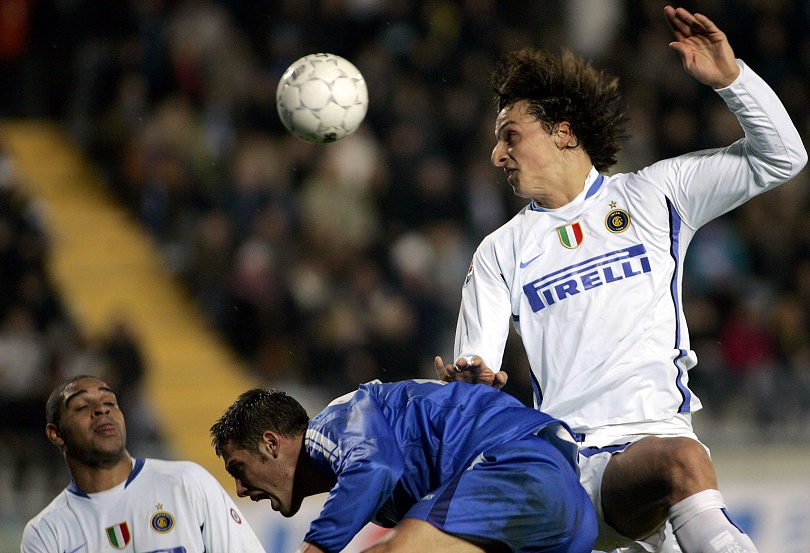
Mark Jarvis, in his book Strength and Conditioning for Football, references Ibrahimovic as a rare example of a player who attracts a lot of defensive attention but who has nevertheless managed to complete a high numbers of games at an elite level. According to Jarvis, "a major factor in this is excellent movement patterns. The high speed, multi-directional demands of football can be incredibly stressful on the body. Inefficient movement or poor distribution of force will multiply this, and injury becomes inevitable. By optimising mechanics in fundamental movements, the player has a greater opportunity to express (his) existing physical qualities more effectively."
Mechanical processes
In a sense, that's the perfect description of Ibrahimovic. Though he's been a great goalscorer, he's also been author to some of the most imaginative moments the European game has ever seen and has used his body in ways that other players never have or never could. He inherited advantageous DNA, of course, but the image of Ibrahimovic is of someone who has wrung every last drop of worth from his physique; someone who has seen the value in particular conditioning programs, certainly, but also a player whose love of martial arts has embellished his game.
In a 2015 interview with Shortlist, he acknowledged the continuing relevance of the black belt he earned as a teenager: "It (helps) with my balance, and balance is an important part of the type of goals I can score."
Balance. Players talk commonly about pace, power, and skill, of course, but rarely do they discuss the processes behind that movement. Ibrahimovic is different; he wasn't dunked in a serum and nor were his genetics mechanically altered – that's merely the surrounding image which has been created.
Ibrahimovic scores against Bournemouth
In fact, the former PSG striker is a portrait of self-evolution, an incredibly modern player who has methodically plotted his way to the top of his sport and tuned his body to perfection in order to make that journey. All players are committed and most of them tell tales of sacrifice, but few are as impressive from an engineering standpoint and, tellingly, fewer still have been able to carry such concentrated output beyond their supposed sell-by dates.
Who knows how long this Manchester United chapter will last? Regardless, his presence is a privilege for the club's supporters and the English audience as a whole. Ibrahimovic is fun and he sells shirts, but he also offers a glimpse of ultra-professionalism and a rare example of completely maximised potential. Even now, at an age when other players would already have walked off contentedly into the sunset.
Seb Stafford-Bloor is a football writer at Tifo Football and member of the Football Writers' Association. He was formerly a regularly columnist for the FourFourTwo website, covering all aspects of the game, including tactical analysis, reaction pieces, longer-term trends and critiquing the increasingly shady business of football's financial side and authorities' decision-making.
